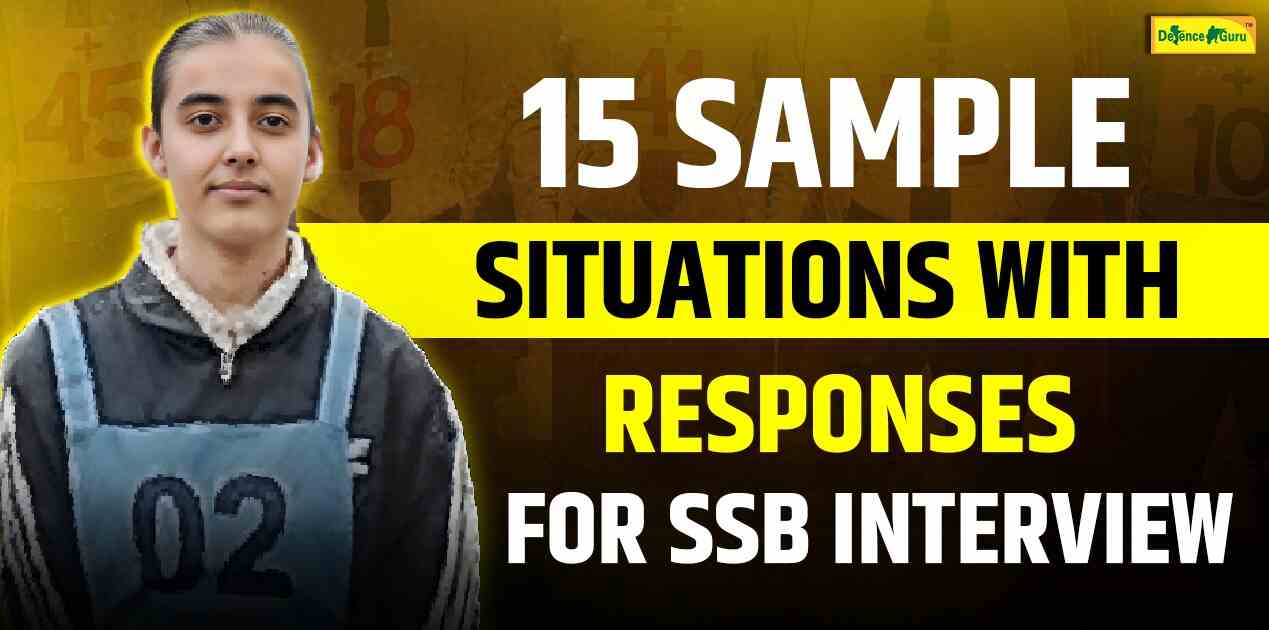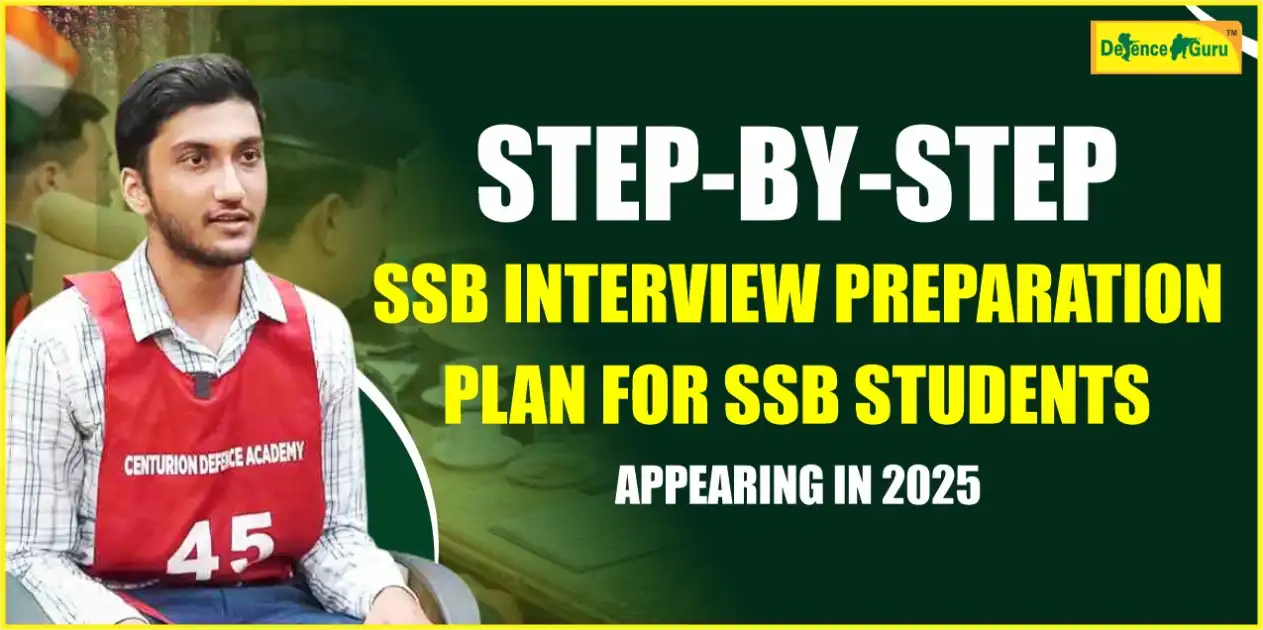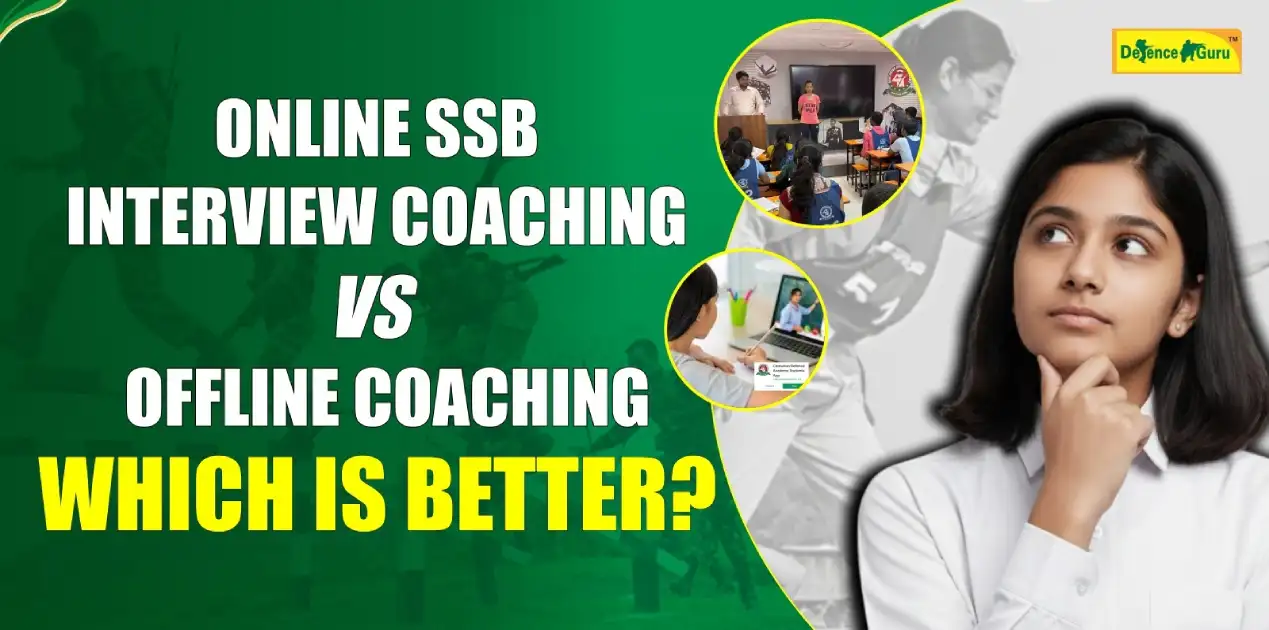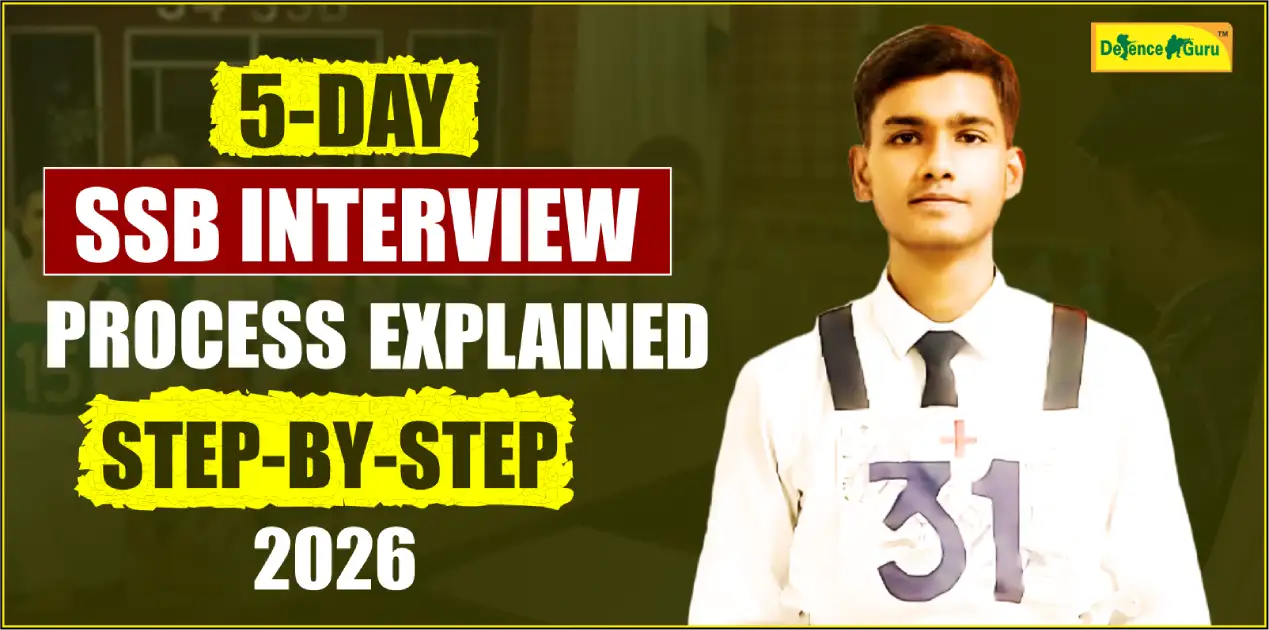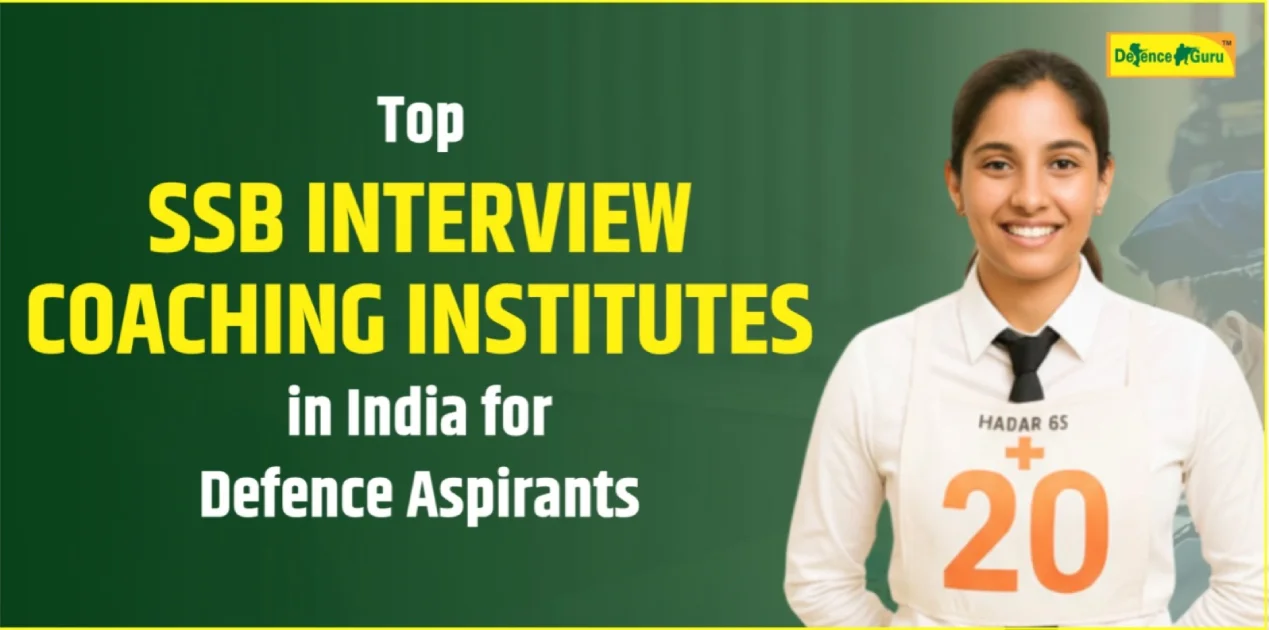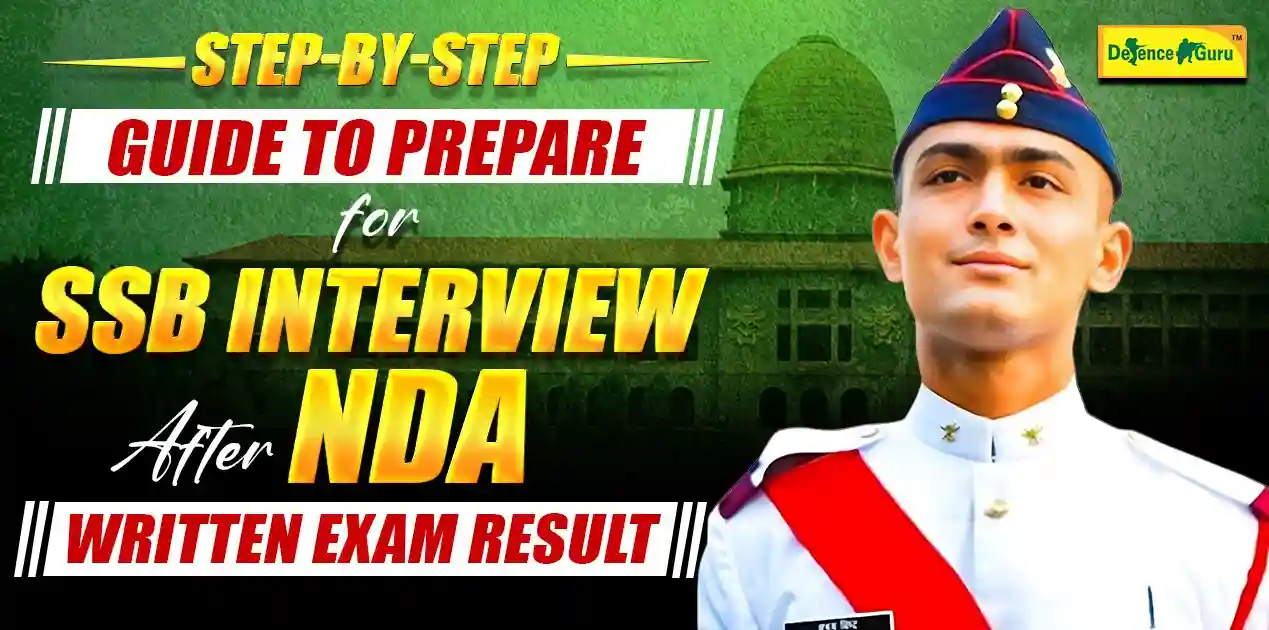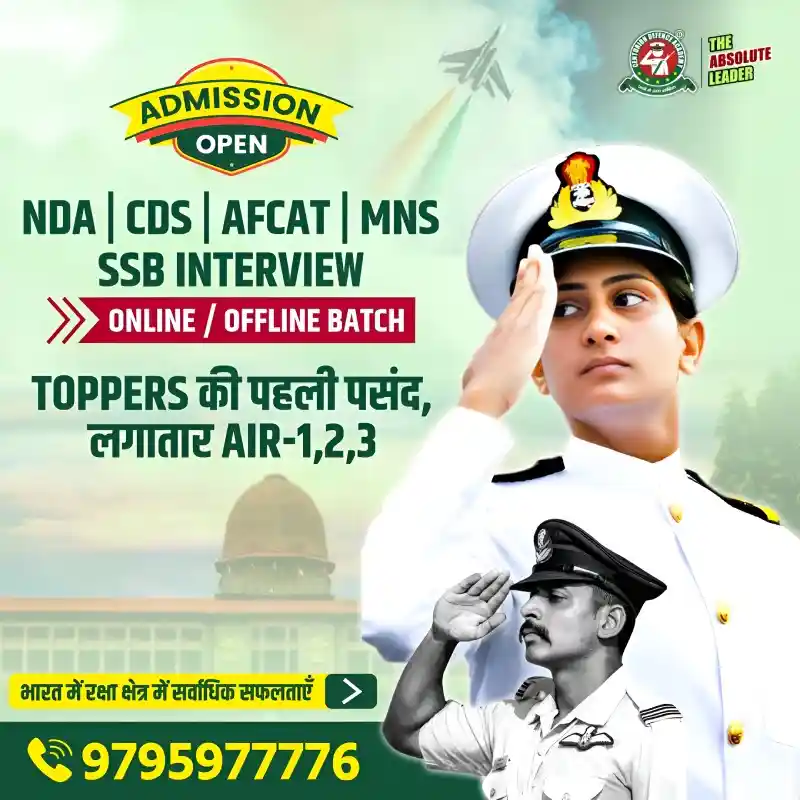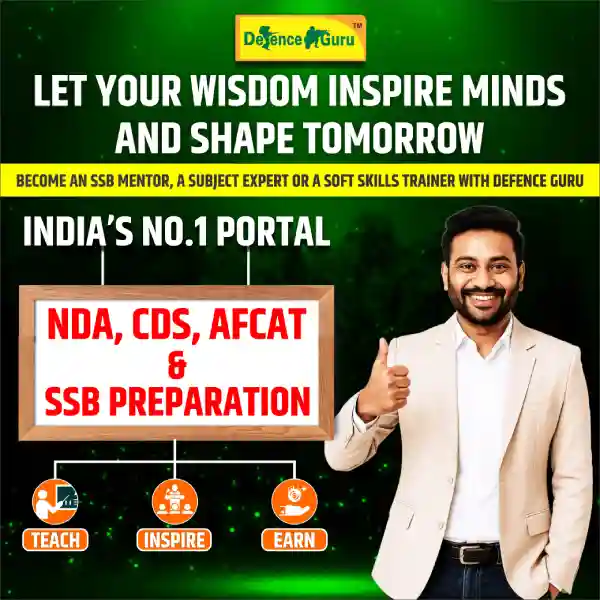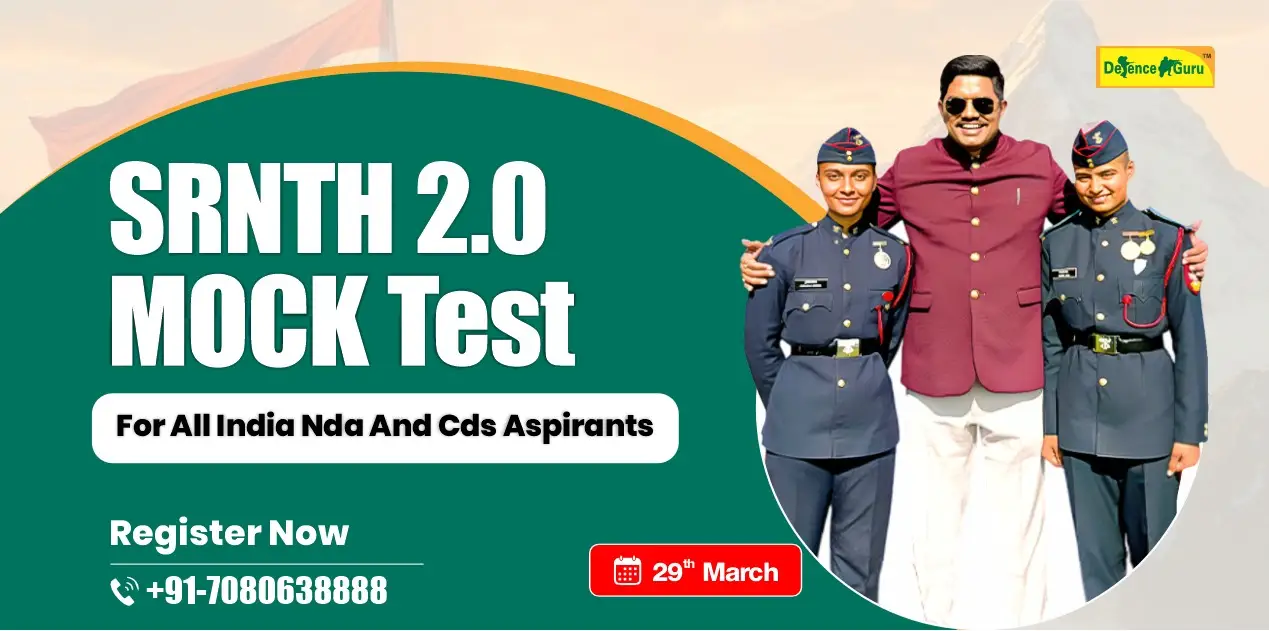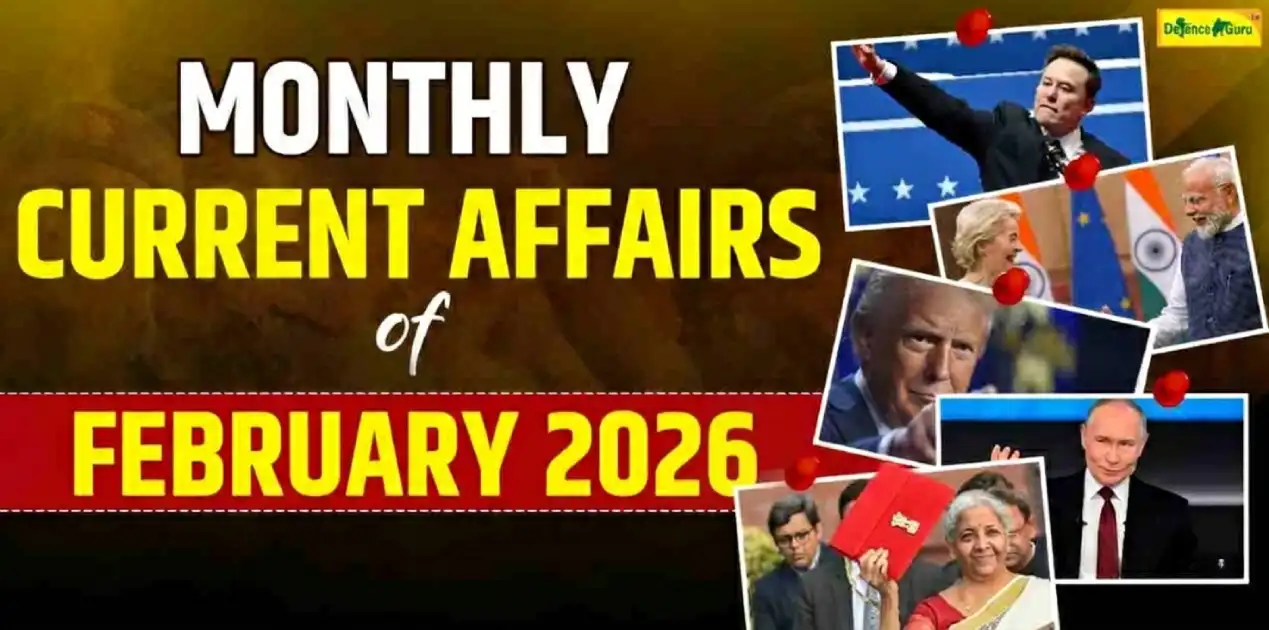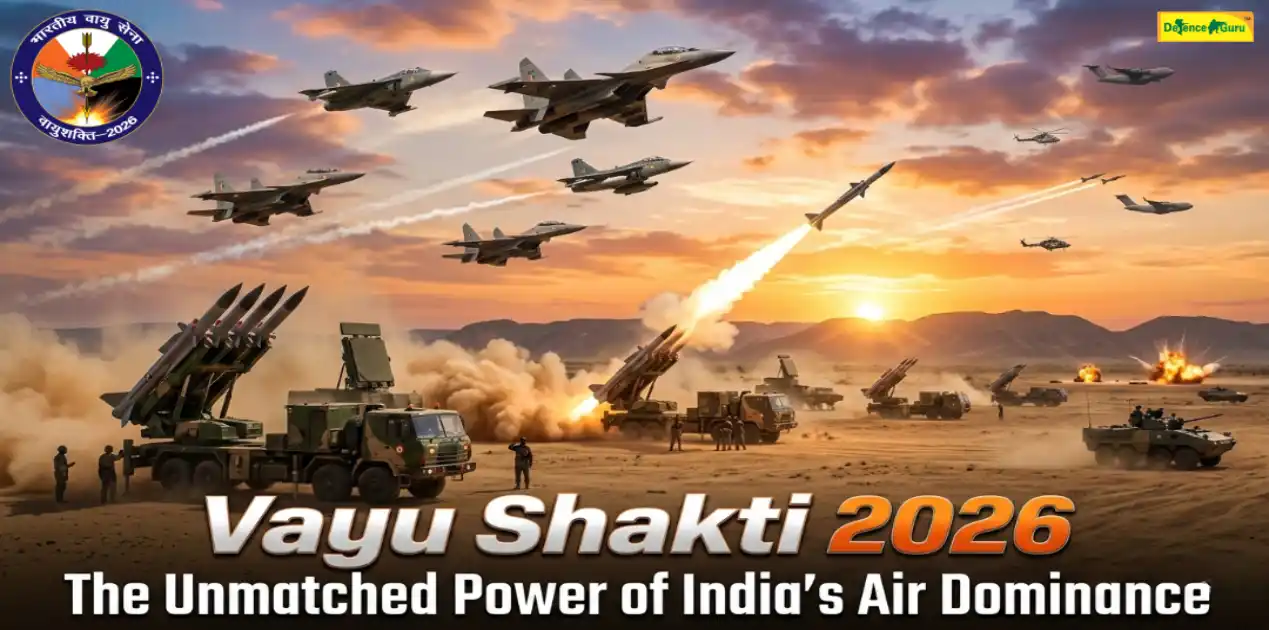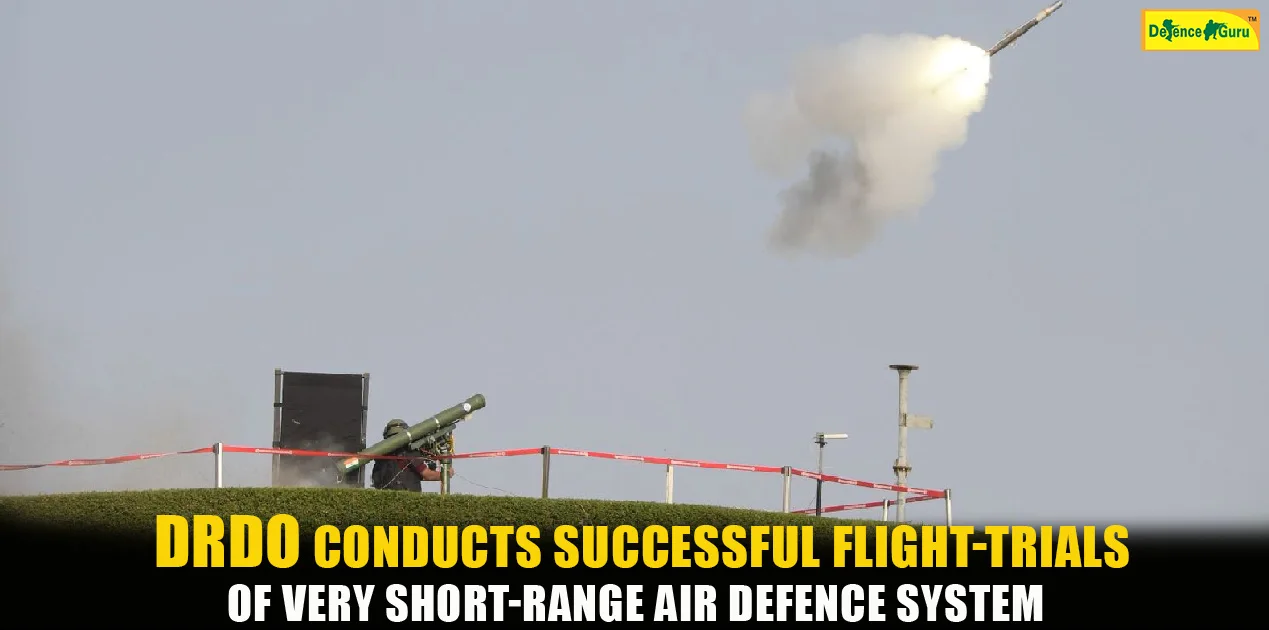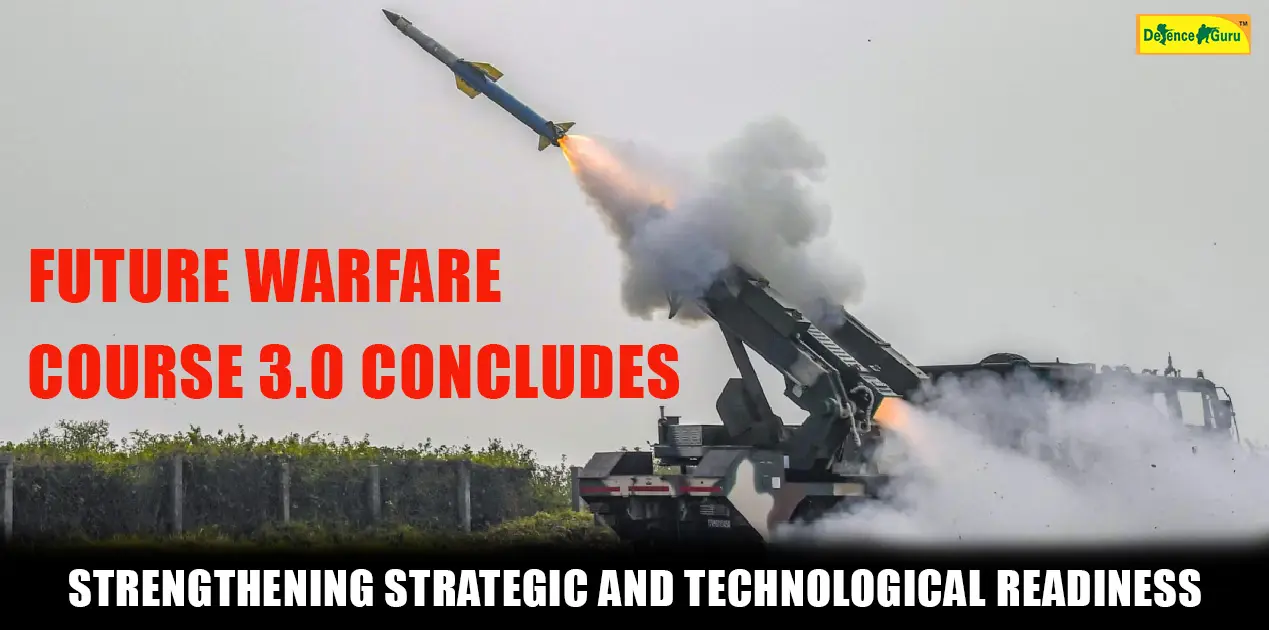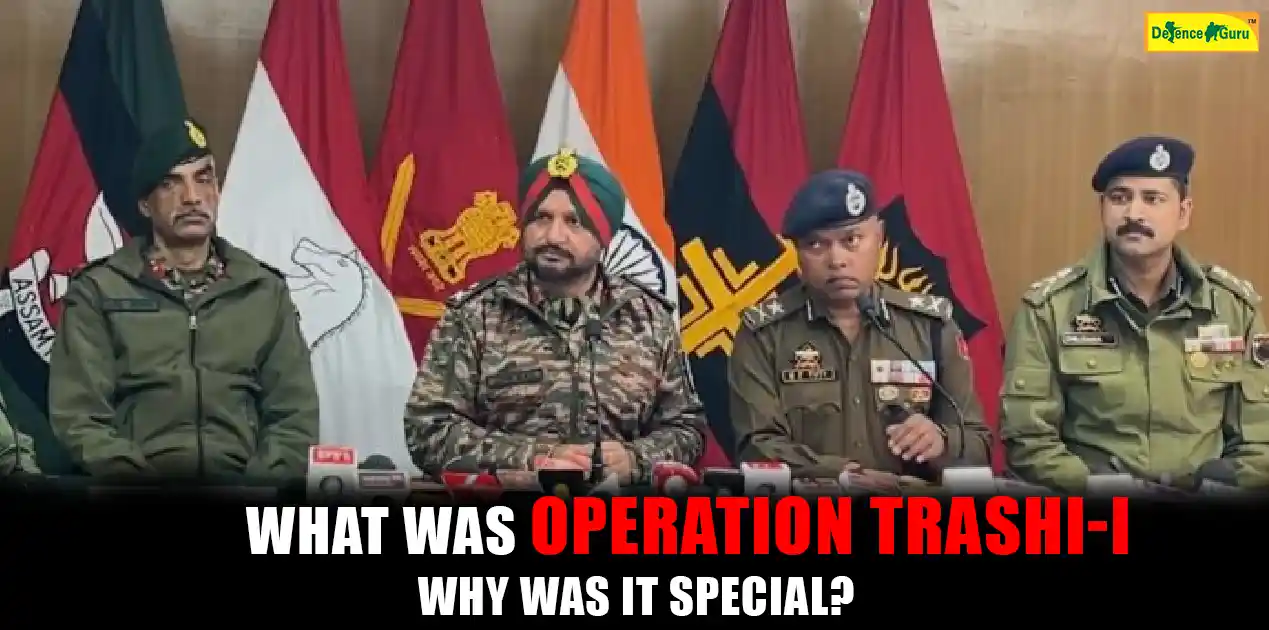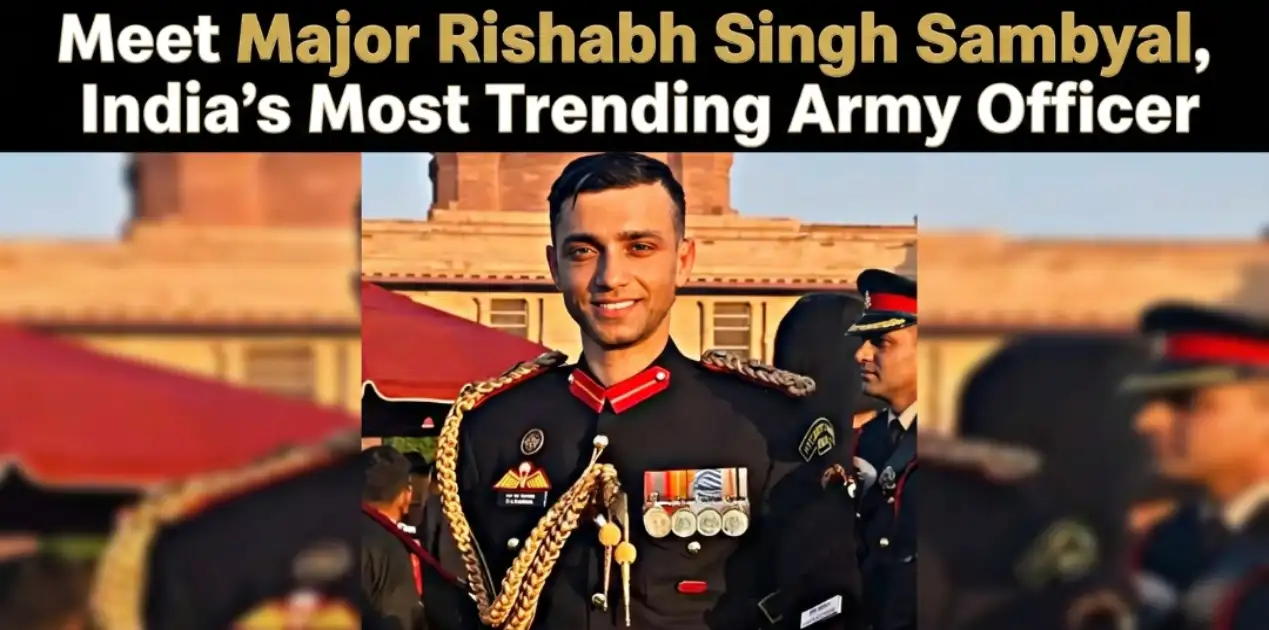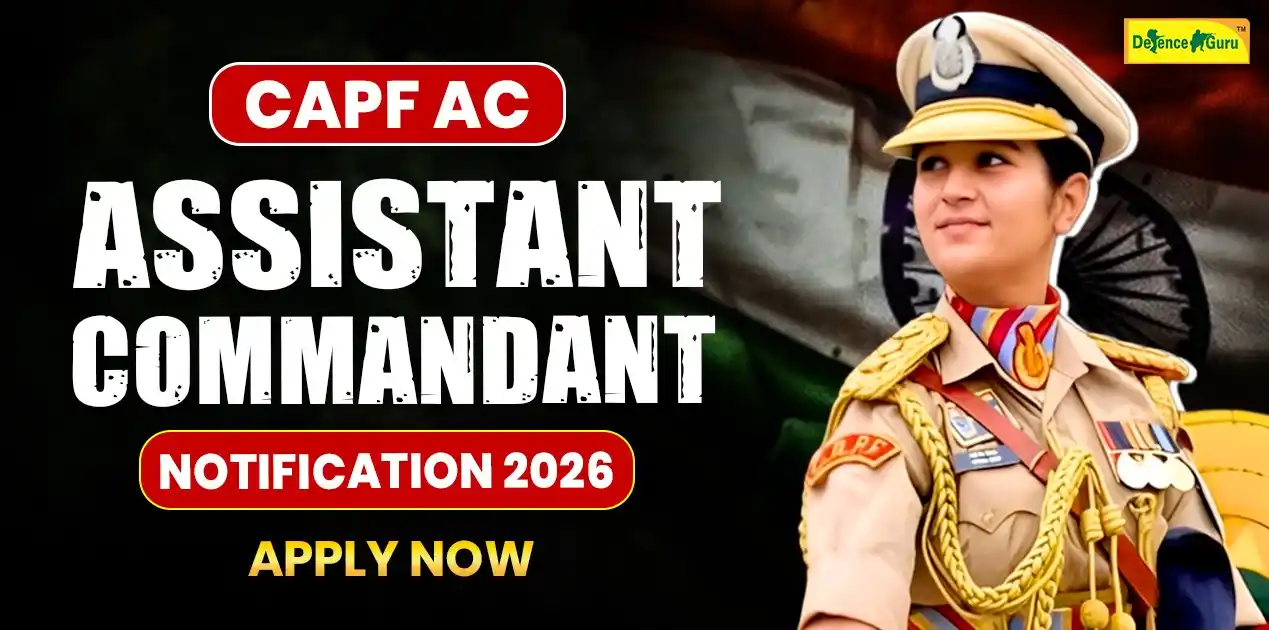Practice Situation Reaction Test with Model Responses to Boost SSB Confidence
Situation Reaction Test (SRT) is a psychological test conducted during the Stage 2 Psychology Tests of the SSB (Services Selection Board) Interview. It assesses a candidate's decision-making skills, problem-solving ability, presence of mind, and personality traits under various real-life situations.
How SRT Works:
- Candidates are given 60 situations in a booklet.
- They must write their responses to as many situations as possible in 30 minutes (around 30 seconds per situation).
- The situations are real-life challenges, testing qualities like leadership, courage, teamwork, adaptability, and social responsibility.
Tips for Effective SRT Responses:
- Be practical & logical – Give realistic solutions.
- Show leadership & responsibility – Take charge of situations.
- Be ethical & honest – Avoid dishonest or illegal actions.
- Stay calm & positive – Respond with confidence, not panic.
- Keep it brief & to the point – Short, crisp, and action-oriented responses are best.
This test helps assess whether a candidate possesses Officer-Like Qualities (OLQs) essential for the armed forces. 🚀
1. Situation:
He is traveling on a train when he notices smoke and fire in a compartment.
Response: He immediately pulls the emergency chain, alerts co-passengers, and helps evacuate while informing the railway authorities.
2. Situation:
He sees an old man struggling to cross a busy road.
Response: He assists the old man in crossing safely while ensuring the traffic slows down.
3. Situation:
His best friend is caught cheating in an exam and asks him not to report it.
Response: He advises his friend about integrity and informs the authorities to uphold fairness.
4. Situation:
While hiking, he finds a person injured and unconscious.
Response: He administers first aid, contacts emergency services, and stays with the person until help arrives.
5. Situation:
He is leading a team project, but his team members are not cooperating.
Response: He communicates effectively, delegates tasks smartly, and motivates the team to work together.
6. Situation:
A fire breaks out in his hostel.
Response: He raises an alarm, ensures safe evacuation, and tries to control the fire with available resources while calling firefighters.
7. Situation:
He is late for an important interview due to a traffic jam.
Response: He informs the interview panel about the delay, finds an alternative route, and reaches as soon as possible.
8. Situation:
A woman is being harassed on a public bus.
Response: He intervenes assertively, calls for public support, and informs the police.
9. Situation:
His younger sibling is failing in academics.
Response: He helps with studies, motivates them, and seeks guidance from teachers.
10. Situation:
He finds a lost wallet with money and an ID card.
Response: He contacts the rightful owner and returns the wallet.
11. Situation:
His friend is severely injured in an accident and needs immediate medical help.
Response: He provides first aid, calls an ambulance, and informs the family.
12. Situation:
His bike breaks down in the middle of nowhere at night.
Response: He assesses the issue, tries basic repairs, calls for help, and stays in a safe place.
13. Situation:
He is offered a shortcut to success through unfair means.
Response: He refuses and chooses the ethical path, relying on hard work and integrity.
14. Situation:
His superior orders him to do something against his principles.
Response: He respectfully explains his stance and seeks an alternative solution.
15. Situation:
A child is crying alone in a public place.
Response: He comforts the child, finds the parents, or reports to the nearest help desk/security.
These responses demonstrate quick thinking, leadership, and problem-solving abilities, which are key traits assessed in the SSB Interview.
Significance OF Situation Reaction Test (SRT) in SSB
The Situation Reaction Test (SRT) in the SSB Interview plays a crucial role in assessing a candidate’s mental agility, decision-making skills, and Officer-Like Qualities (OLQs) under pressure.
Why is SRT Important?
1 Tests Decision-Making Ability
- Evaluates how quickly and effectively a candidate reacts to challenging situations.
- Helps assess logical thinking and the ability to make the right decision under stress.
2 Reveals Officer-Like Qualities (OLQs)
- Leadership, courage, responsibility, and adaptability are key traits of a military officer.
- Responses showcase whether a candidate can take initiative, stay calm, and think rationally.
3 Assesses Practical Intelligence
- Tests whether the candidate applies common sense and logical reasoning in real-life problems.
- Helps determine if the solutions are realistic and feasible.
4 Measures of Emotional Stability
- In the armed forces, quick and composed decision-making in high-pressure situations is critical.
- SRT checks if a candidate stays calm, thinks rationally, and acts responsibly.
5 Shows Ethical and Moral Values
- Candidates are expected to respond in an honest, responsible, and ethical manner.
- Responses reveal integrity, honesty, and moral courage, which are crucial in military leadership.
6 Predicts Suitability for Armed Forces
- SSB uses SRT responses to judge mental compatibility for a military career.
- Helps psychologists understand a candidate’s natural thought process and problem-solving approach.
Final Thought
SRT is a game-changer in the SSB selection process as it evaluates a candidate’s mental sharpness, leadership, and readiness for military life. To succeed, candidates must focus on clarity of thought, logical decision-making, and ethical responses.
HOW TO PREPARE FOR SRT IN LESS TIME (QUICK STRATEGY)
If you have limited time for Situation Reaction Test (SRT) preparation, focus on quick thinking, structured responses, and practicing real-life situations. Here’s a fast and effective way to prepare:
1-Understand the Basics.
- Know the Objective – SRT tests you’re decision-making, problem-solving, and leadership under pressure.
- Be Practical & Logical – Your responses should be realistic, action-oriented, and feasible.
- Show Officer-Like Qualities (OLQs) – Display courage, responsibility, integrity, and teamwork in your answers.
2-Follow a Simple Response Structure.
- Use the Think-Act-Resolve approach:
- Think: Analyze the situation logically.
- Act: Take an immediate and practical step.
- Resolve: Ensure the problem is completely solved.
Example:
Situation: A fire breaks out in your hostel at midnight.
Response: He raises an alarm, evacuates people safely, calls the fire department, and helps control the fire with available resources.
3-Practice Rapidly with Common SRTs.
- Solve at least 100 SRTs to improve speed and clarity.
- Write short, crisp, and action-driven responses (5-7 words per action).
- Use timers to simulate real exam conditions (30 seconds per response).
Quick Exercise:
- Pick 10 random SRTs.
- Answer them within 5 minutes.
- Check if your responses are practical and to the point.
4-Focus on Common Themes.
- Most SRTs revolve around:
- Emergencies (Accidents, Fire, Medical Issues)
- Ethical Dilemmas (Cheating, Bribery, Unfair Means)
- Social Responsibilities (Helping Others, Law & Order)
- Personal Challenges (Exams, Teamwork, Time Management)
- Master these 4 key areas, and you'll handle most SRTs efficiently!
5-Be Consistent & Stay Natural.
- Avoid overthinking! Your first instinct is usually the best response.
- Keep responses short, direct, and actionable (avoid long explanations).
- Practice under exam conditions to build speed and accuracy.
Final Tip: Speed + Clarity = Success!
- 1-2 Days Left? Solve 100 SRTs & analyze responses.
- 1 Week Left? Practice 200+ SRTs with a timer daily.
- More Time? Work on OLQs through group discussions & practical problem-solving.
With this smart preparation, you'll handle SRT confidently in less time! 💪🔥
Read more:
How to Prepare for GTO in SSB Interview- Top 10 SSB Expert Advice

